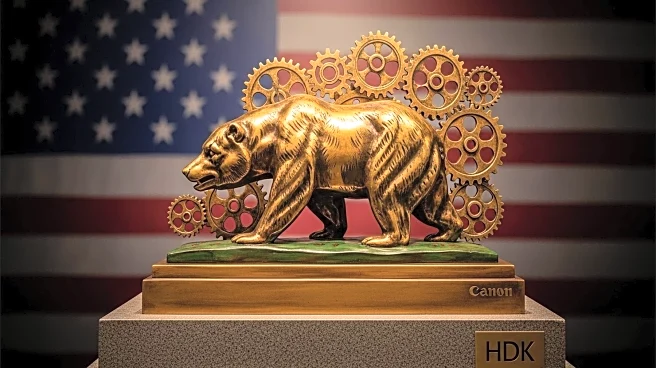What's Happening?
Two federal district courts in California have ruled that the Federal Trade Commission's (FTC) standards for 'Made in USA' claims do not preempt California's safe harbor provisions under its MUSA law. The FTC requires products labeled as 'Made in USA' to be 'all or virtually all' made in the United States, while California allows for products with up to 5-10% foreign content to be labeled as such, depending on the availability of domestic inputs. The rulings clarify that marketers can label products under California's safe harbors without risking FTC enforcement, although the FTC's agreement with this interpretation remains uncertain.
Why It's Important?
The rulings highlight the ongoing tension between federal and state regulations regarding consumer protection and advertising standards. Marketers face challenges in navigating these differing standards, which can lead to legal disputes and potential FTC enforcement actions. The decisions underscore the importance of understanding both federal and state regulations to avoid litigation and ensure compliance. This situation affects businesses operating in California and could influence broader regulatory practices across the U.S.
What's Next?
Marketers must carefully evaluate the FTC's stance on California's safe harbors before making unqualified 'Made in USA' claims. The FTC's enforcement actions could still pose risks, and businesses should remain vigilant about potential changes in federal standards. Legal experts suggest that further clarification from the FTC could be necessary to resolve the inconsistencies between federal and state standards.











